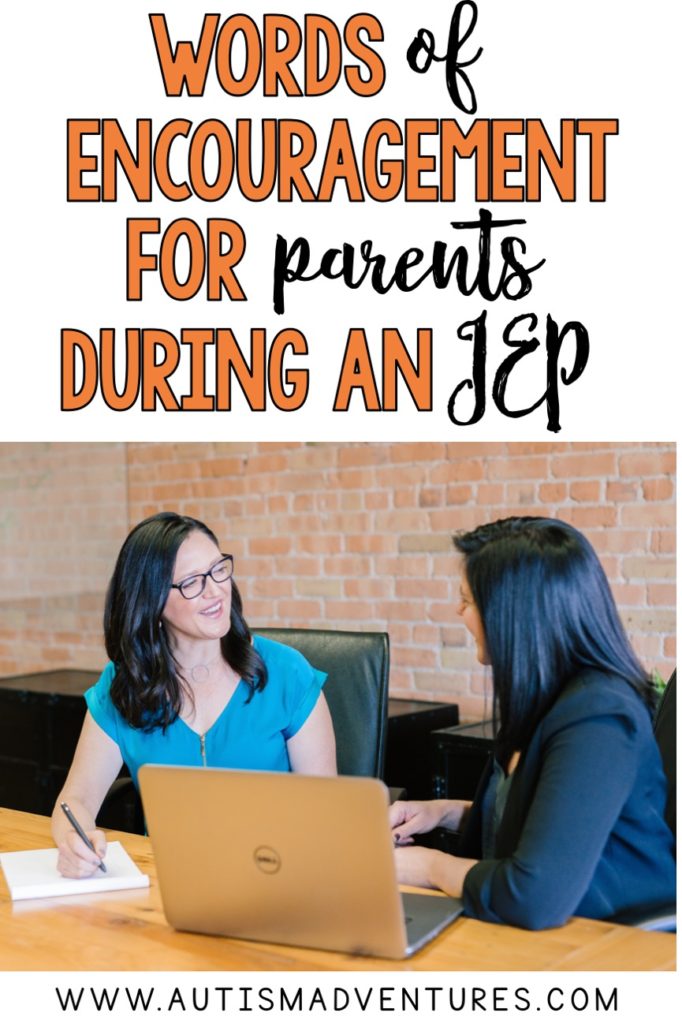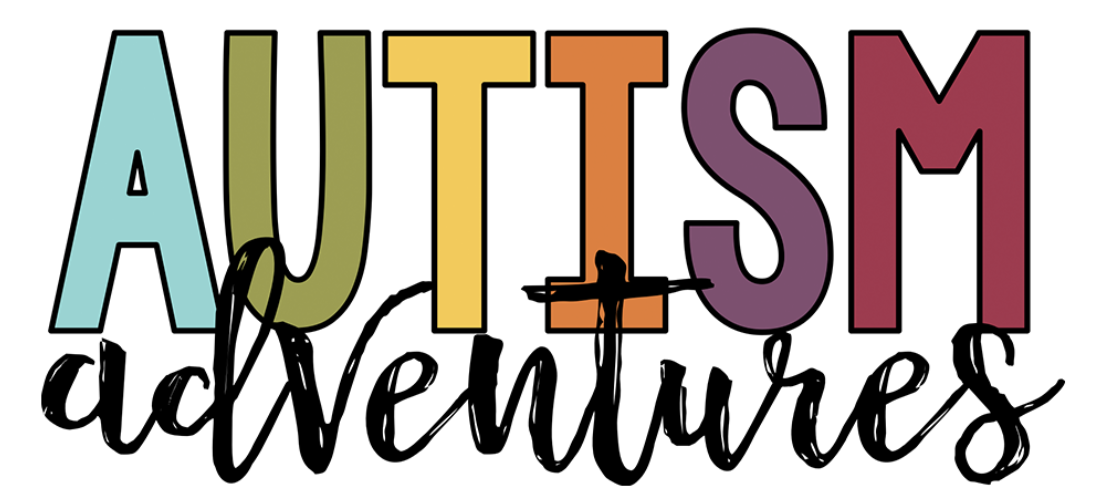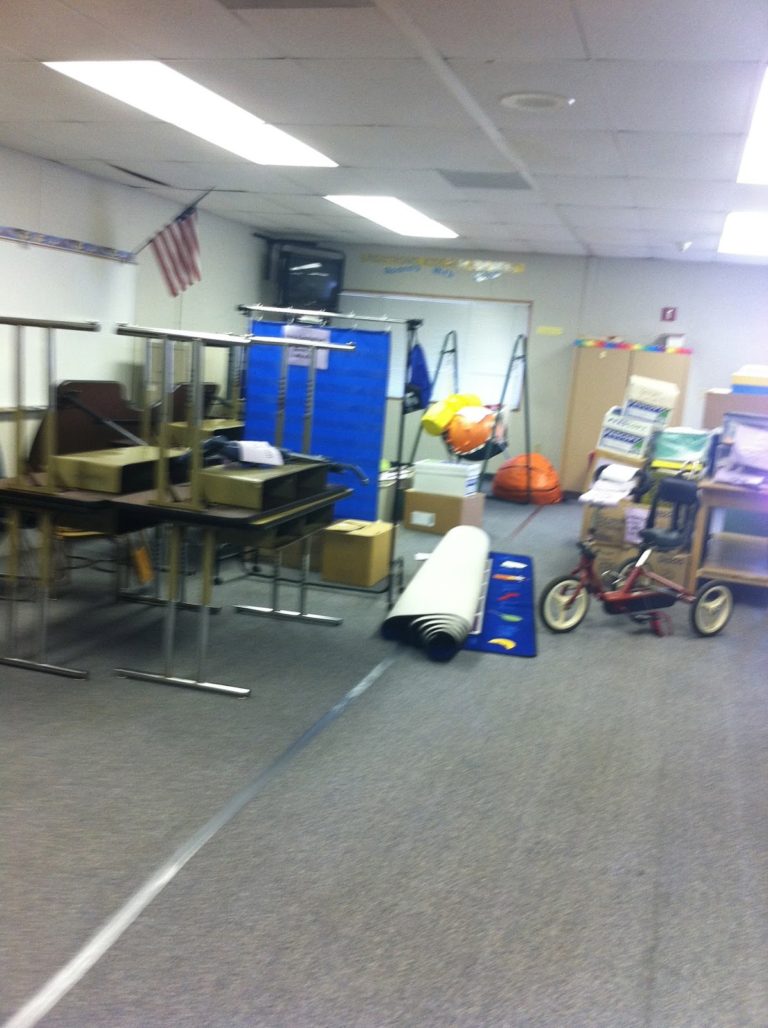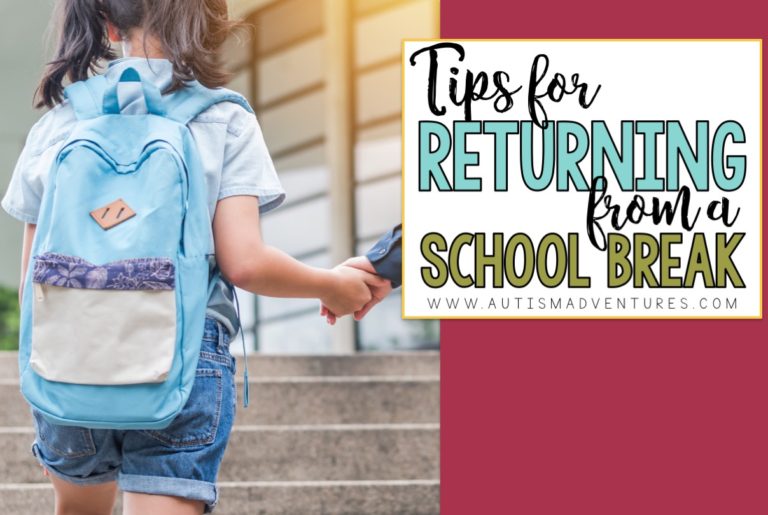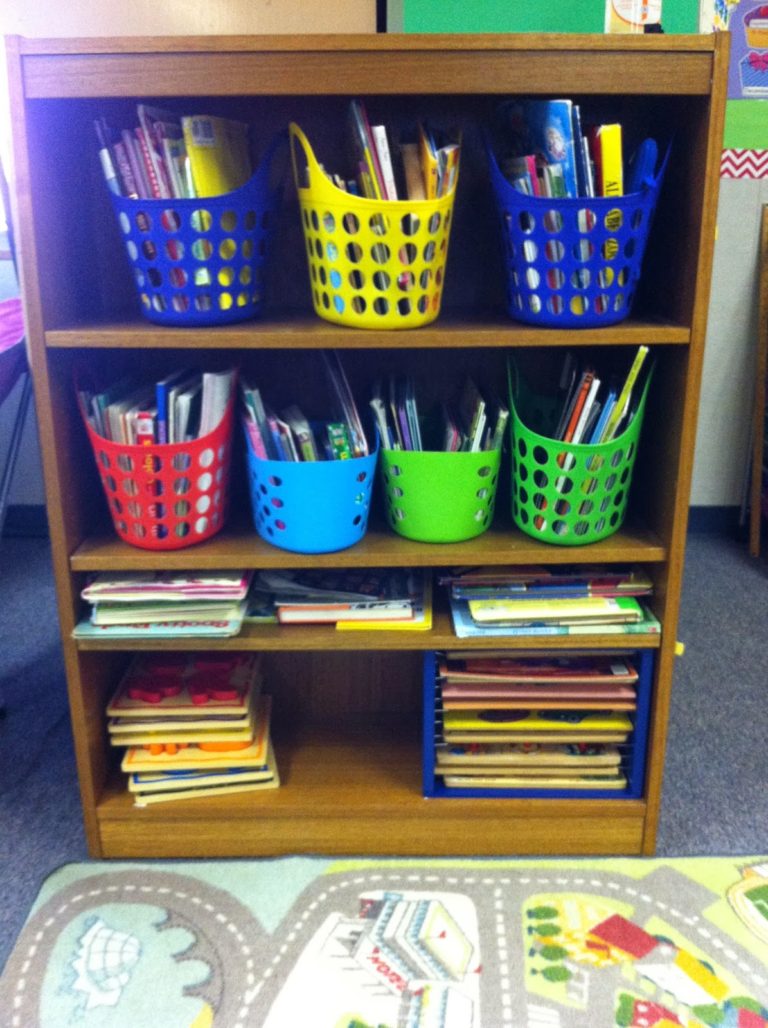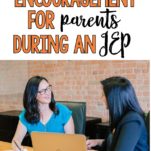Words of Encouragement for Parents
While working with parents, students, general and special education teachers one of the most essential parts of cultivating positive relationships with one another is honesty in our communication. Often that can be difficult when you are the one sharing information that is challenging to hear . Many of these situations can be handled delicately and openly while maintaining the trust in the teacher-student-parent relationship. Todays blog post is going to help you to use words of encouragement with parents/guardians.
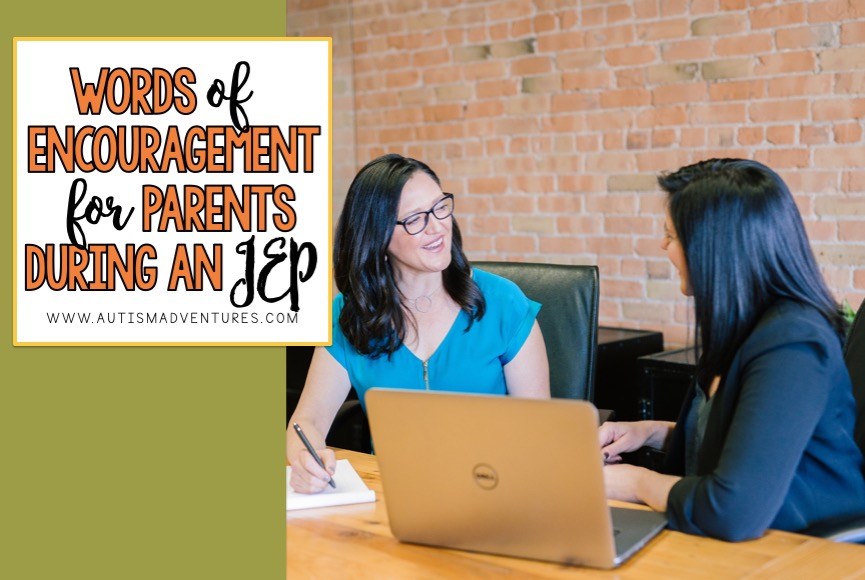
Honesty
As a teacher, we must remind ourselves that being positive about a situation does not mean sugar-coating it. The parents/guardians are typically aware of their student’s needs/strengths/areas of needed growth. As a teacher, we are not there to reiterate what the parents/guardians are already aware of. Instead it is our responsibility to be honest while setting realistic goals for the student that are achievable. Using words of encouragement can help to make this more achievable. Also keep in mind that many of our parents/guardians have attended meeting before. A lot of these could have been a waste of time with everyone beating around the bush with unrealistic comments. A lot of these meetings have been difficult to hear about all the negatives statement from the teacher(s). Remember, you are the expert in your field/grade level/classroom. Parents/guardians depend on you to be professional, positive, and proactive on behalf of their student.
Words of Encouragement
Here are a few examples of words of encouragement for you.
I would like to start off with commenting on (student’s) growth in the area of (subject matter/ elective/personal goal area) during the past (quarter/semester/month/week). I have noticed that he/she has been more receptive in receiving help in the classroom and it seems to be paying off. When I spoke with (student), he/she also saw that there was growth in this particular area. What have you seen at home in this particular growth area?
I know that this (subject matter/ elective/personal goal area) has been an area of concern in the past for (student), I feel that we have been able to reach (the goal) during this (amount of time). Here are some of the examples of how he/she has reached (this goal areas). Has he/she shared anything about this growth with you?
Often (student) is very kind, but recently he/she has been demonstrating (non-preferred behavior). I’m bringing this to your attention since this is out of his/her typical classroom behavior. He/she has not shared anything new with me. Has he/she shared anything at home that might be contributing to the change in classroom interactions?
I’m so glad that (student) has joined our class, we are so looking forward to getting to know more about him/her. Is there anything that you’d like to share with me that you feel would help me get to know your student better?
These are just a few examples that are starting the conversation with a positive statement from the teacher. They provide data to support the area of growth/positivity/etc. They then end with an open-ended question for parents/guardians. This allows for all members of the conversation to have a voice.
Continuing the Conversation
The reality is that most likely after your initial conversation/meeting, some or perhaps all of your conversations will move to a more informal setting. This could be a phone call, text or email.  This can be even more of a challenge because tone volume, and/or body language can be misinterpreted online and over the phone. In most situations/school districts anything written down is an official record, so being cognizant of this will help everyone.
Here are some pointers that I give to all teachers:
Anytime you are not in the classroom/off campus for a complete school day, take the time to set up an “automatic/away message.” The message can be as simple. “Thank you for your email, on Tuesday, October 15th I am not in the classroom. All emails will be returned when I am back on campus.” The extra one minute it takes to set this up will be a lifesaver for you. It communicates on your behalf while you are out for whatever reason. Your families will know that you took the time to set this up to let them know that you will be getting back to them when you are able.
Don’t be an unnecessary rapid-responder. This means the majority of the emails you receive during the day do not require an immediate response. In most situations, it’s better that you don’t respond right away. Yes, you will have parents or therapists that will send several emails in rapid succession. What I would suggest is, at the end of the school day, respond to the last email received. Remember, school hours need to be treated like business hours, 8-2:30pm. At some point, you will receive an email at 11:15pm, do not respond to it until the next school day. Remember, you are not just sitting at a desk responding to emails all day. Parents/guardians will get the message that you are working with the students and will respond to their email, just not right away.
When emailing, remember that anything written down is an official record for both you and parents/guardians/students involved. It might have been a particularly hard day with the student, and perhaps the parent/guardian said to email them anytime, instead take a breath and email at the end of the day. If it is a truly urgent matter include the needed administration on the email, but make sure to edit your email and remove any emotionally charged wordage (on-purpose, annoying, ridiculous, etc.). Take the time to edit and to be as objective as possible and to the point.
In Summary
So many times I hear educators talk about meetings and how they can go badly. It can often times sound like parents/guardians vs teachers/educators. THIS SHOULD NEVER BE THE CASE. While some times both sides won’t see eye to eye on issues, this is okay. It is important to remember that everyone sitting at that table is sitting there because they want the best for the student. No sugar coating is necessary to make the other side “happy.” But, positivity with clear intent can go a long way. And as always, starting with some words of encouragement can always go a long way too! For families looking for more support, I love this blog HERE. For educators looking where to start, read more HERE.
Like what you read? Don’t forget it, PIN IT!
